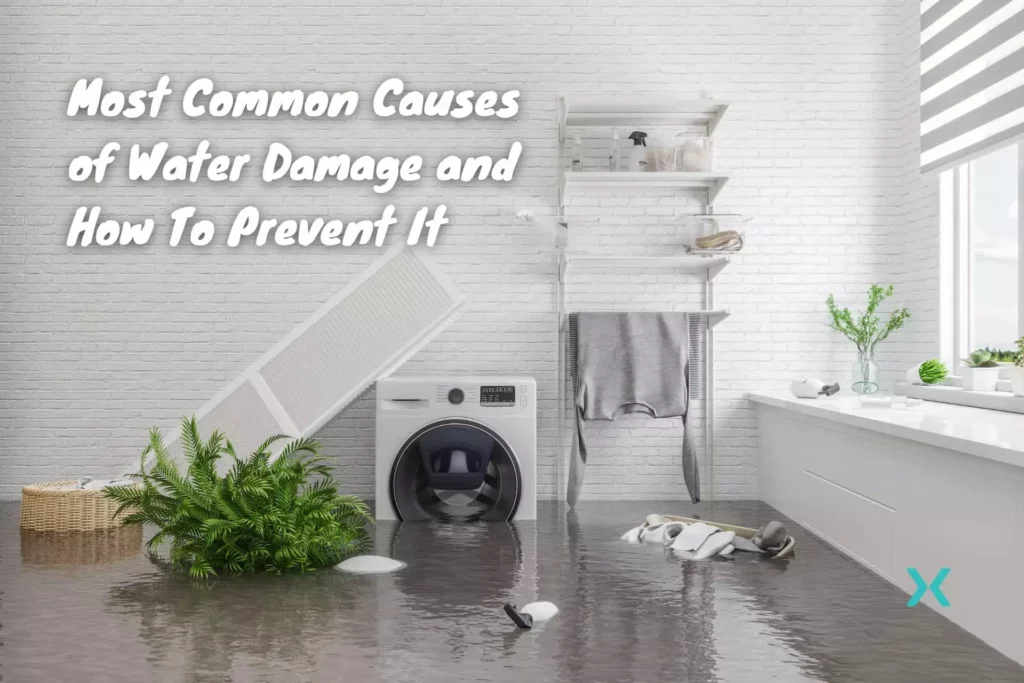Common Causes of Water Damage in a Residential Environment
Water damage happens when water intrudes on structures and destroys them.
This causes a lot of damage to systems and can also damage your home’s integrity. Mold proliferation also occurs due to water damage, which can cause health complications like respiratory diseases, especially in susceptible people like the elderly and young children.
Water damage also makes the home untidy since it can soak the carpets and other structures, thus causing an awful smell in your home. When this happens, you might also be uncomfortable hosting visitors or staying in the house.
Identifying the signs of water damage early and taking action before the condition worsens to prevent such plumbing problems. Preventing water damage will save you money that you would spend if the water damage progresses. You will also avoid the inconveniences that occur with water damage.
This article highlights the common causes of damage from water and the ways to prevent them.
Table of Contents
💧 Causes of Water Damage
1. Leaks in the Plumbing Systems
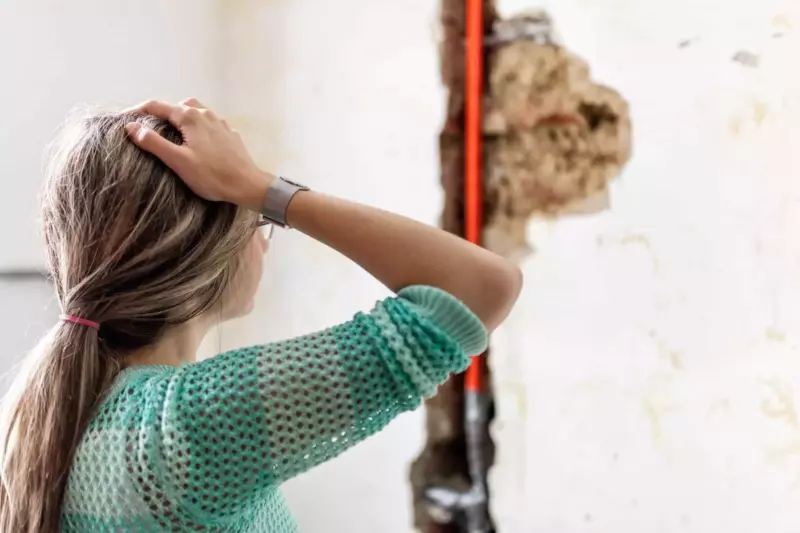
A leak at any point in the plumbing system is the commonest cause of water damage.
It is common for leaks to occur when pipes rust resulting in corrosion.
Other causes of water leaks include high water pressures, weak leaking pipe joints, extreme temperatures, and broken water connectors.
Your system could have been subject to natural disasters.
However, locating a water leak may not be straightforward because some occur in hidden places like under the sink.
Therefore, it is essential to watch out for any leaks in the plumbing system and get repairs as soon as possible to avoid structural damage.
2. Clogged Gutters
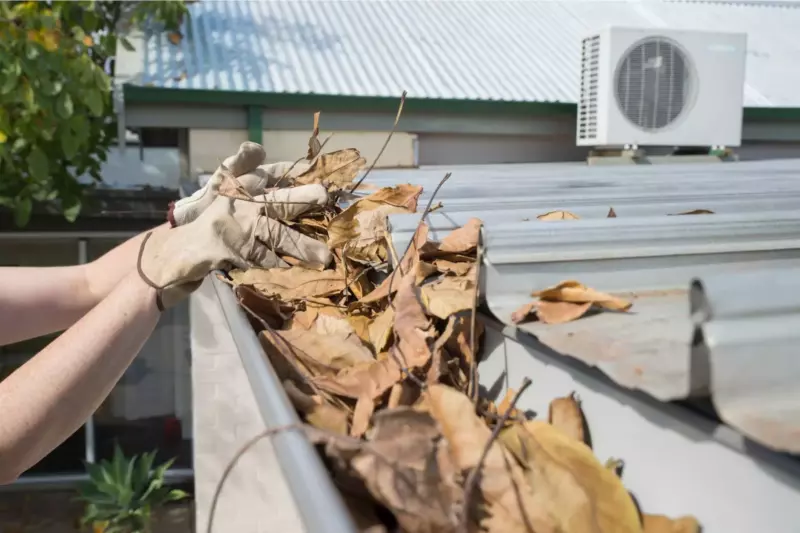
The most typical culprits that clog roof gutters include tree leaves, weeds, ice, and sludge.
Most people are not keen on cleaning their gutters, so dirt accumulates and clogs the drains.
When the gutters clog, water pools in the area of blockage, and the excess water starts to overflow near the structures of the house, damaging them.
This water may also collect in the basement of your home with mold proliferation and a nasty stench.
3. Faulty Appliances
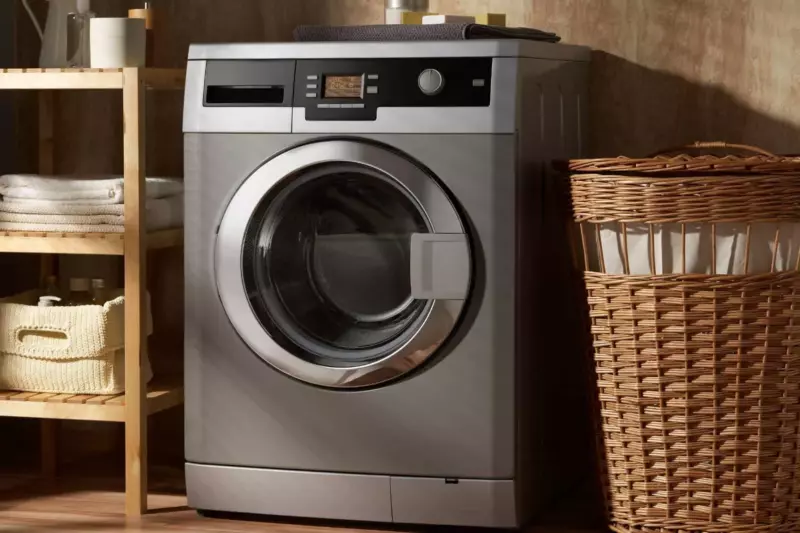
When your water appliances, like aging water heaters and washing machines, are malfunctioning, they can cause water damage.
The equipment malfunctions because of the poor water connections and hoses that lead to the appliances.
The water damage restoration professionals from this site say that the faults in the water connections cause the water to pour and pool on the floor damaging it.
However, when such damages happen, you can explore different ways to correct them to restore the integrity of your home.
You can tell that your devices are getting old when they start making noises if they rust or malfunction.
For instance, if your water heater fails to heat water, chances are it has become faulty and may start leaking water.
4. Blocked Toilets
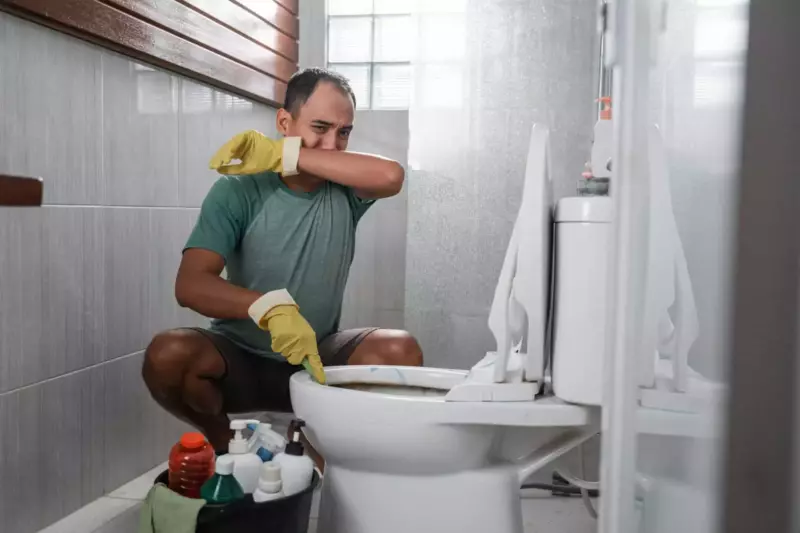
Water damage can also occur when your toilets block.
The bathroom can block due to solid waste like hair or due to clogging of the drainage systems.
When the toilet blocks, the water can overflow and flood the floor damaging it.
This creates a mess in the house, which can happen when you least expect it.
The mess can also be a health hazard if the situation persists for a long time while they unblock the drain lines.
5. Burst Pipes
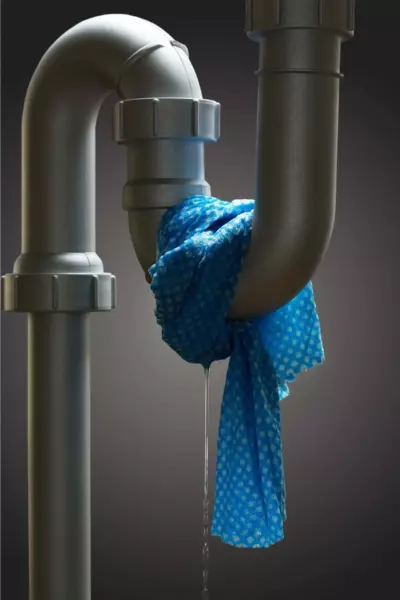
The most typical reason why pipes burst is due to temperature changes.
When temperatures drop too low, ice forms inside your pipes and then expands, and this can make them burst.
The likelihood of pipes bursting is higher if the pipes are old and rusty.
6. Malfunctioning Air Conditioner
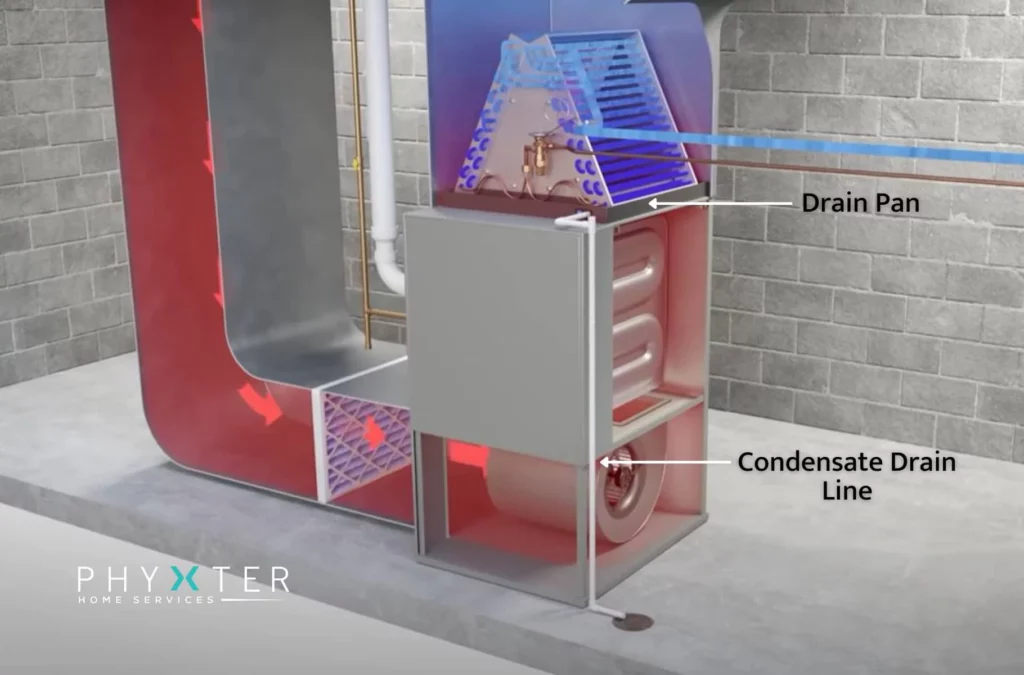
Air conditioners work by cooling the air and removing humidity.
This condensing moisture is then redirected to an overflow pan.
The overflow pan then facilitates the movement of the water to the outside through the condensate line.
If the overflow pan gets damaged or the condensate line clogs, the drainage system of the air conditioner starts malfunctioning.
This excess water can soak your ceiling or walls, damaging it.
7. Septic Tank and Sewage Backup
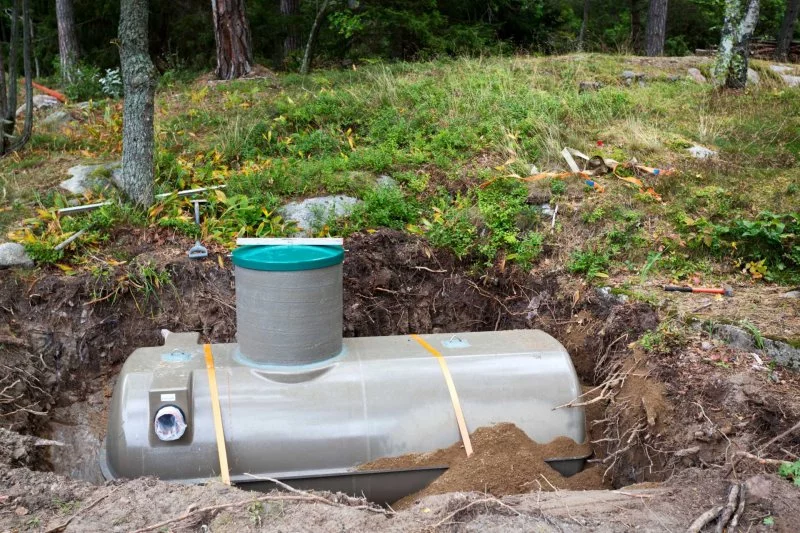
Septic tanks can overflow when they fill up or when there is heavy rain that makes them fill up.
When this happens, the waste in the septic tank backs up to your house.
Sewage backup creates an awful mess in your home and also creates a health hazard.
Plus, we guarantee your nose will notice the smell!
The situation can be so bad that you cannot live in your house until the sewage system is repaired.
8. Water Overflow
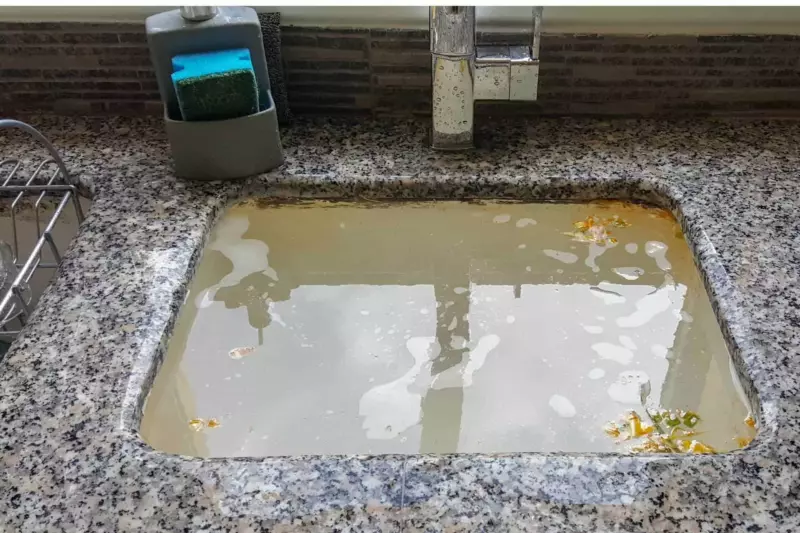
Another cause of water damage is water overflow which can occur when you forget to turn off sinks or faucets in the tubs.
Water overflow can cause a lot of damage to the floors and carpets and may even result in mold growth inside your house.
If you cannot close your faucets or sinks, you can turn off the main water supply in your home until the problem is corrected.
9. Adverse Weather Conditions
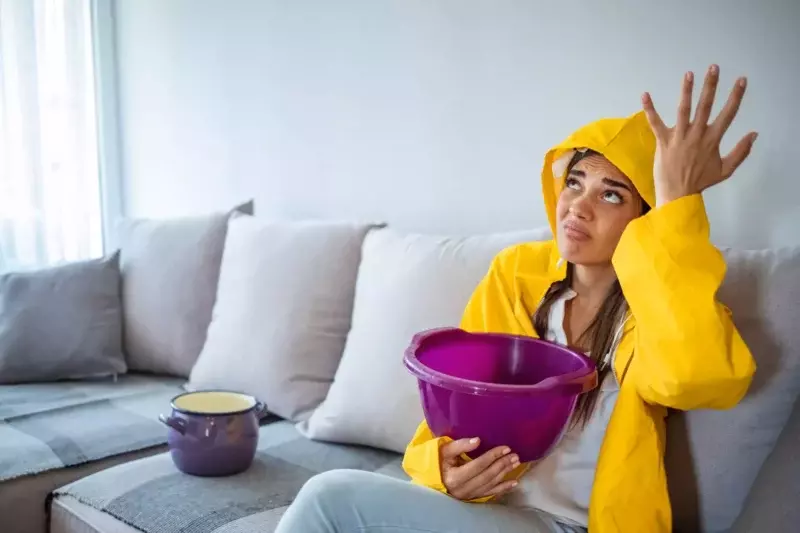
Bad weather, like heavy rain and extreme snow, can also cause water damage despite having a plumbing system that is functioning correctly.
It is essential to check your drainage systems during bad weather to detect any damages early.
💧 Preventing Water Damage
There are different ways of preventing water damage.
One of these ways is to regularly maintain your plumbing systems and appliances to detect any problems early.
You can also install water detectors that sound an alarm when they detect moisture and detect even tiny leaks that can go without notice.
Monitoring your water bills is another way to detect water damage early enough.
If you notice a significant increase in your water bill even when you have not changed your water usage, there may be a leak in the plumbing system.
Checking your water pressure also helps prevent water damage because high water pressure can cause pipes to burst, causing leaks.
In summary, water damage can also cause problems in your home, like damaging the structures and foundation of the building.
When water floods the house, it can also cause health complications, especially in weak immunity, like young children and the elderly.
When your home floods, it also becomes messy and untidy, making it uncomfortable to host visitors.
There are many causes of water damage, including clogging of gutters, clogged drains, exposed water supply lines, leaking water pipes, faulty appliances, and septic tank overflow.
Preventing water damage from occurring will save you a lot of money and time.
You can avoid water damage by regularly maintaining and repairing your plumbing system, checking the water pressure, and monitoring your water bills.
Investing in water detectors can help you detect the tiny water leaks that you can often miss.
Related Reading: DIY Guide to 15 Common Plumbing Problems & Solutions

